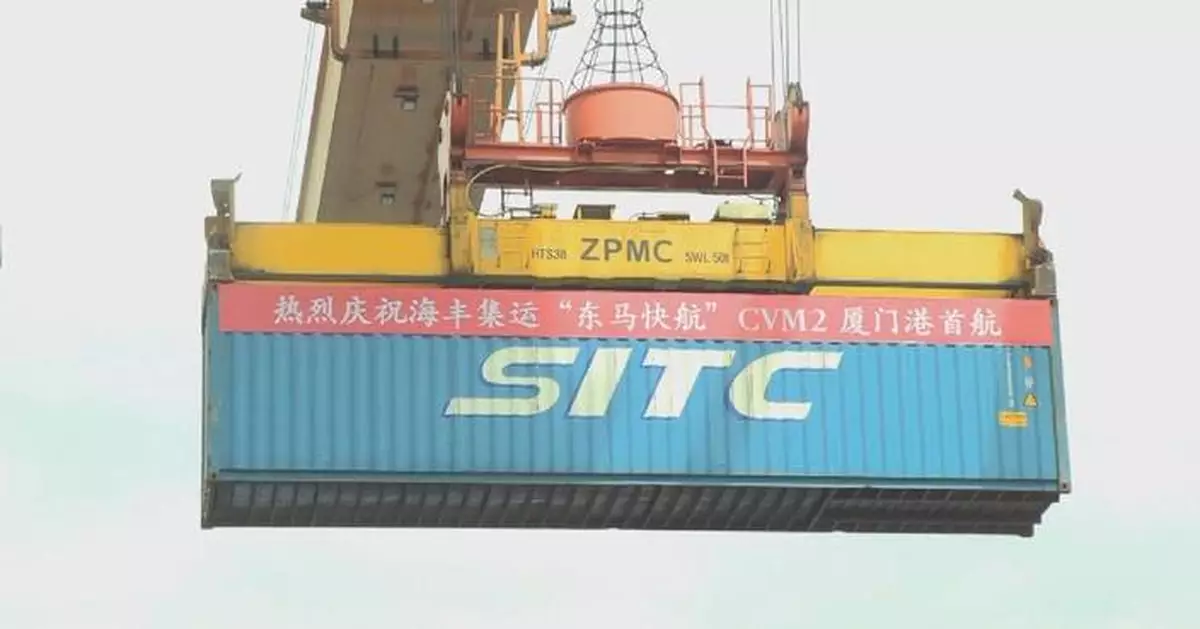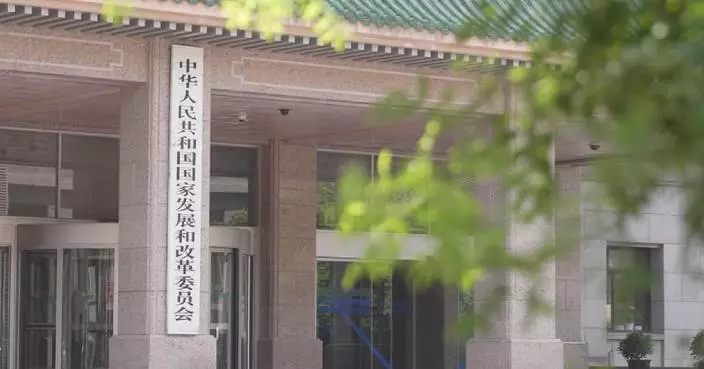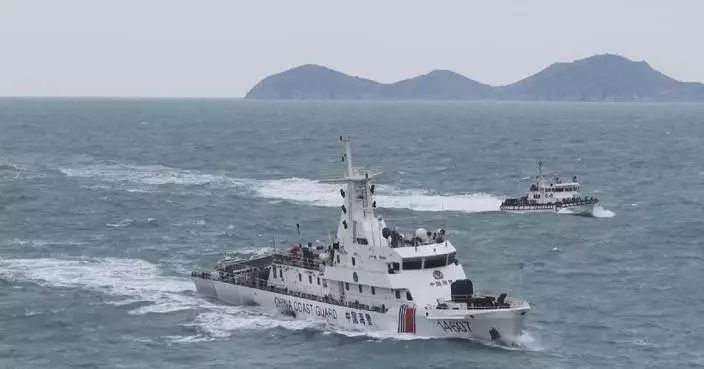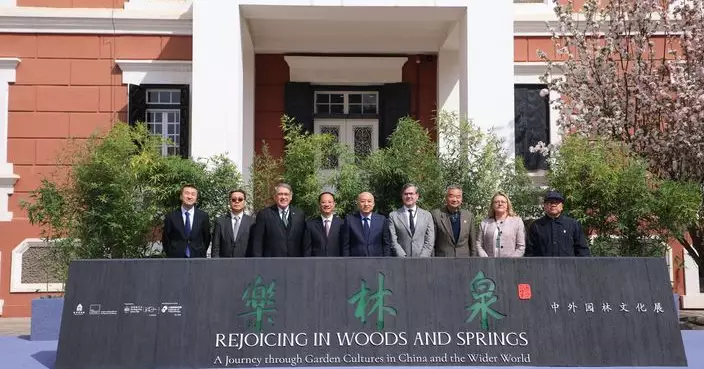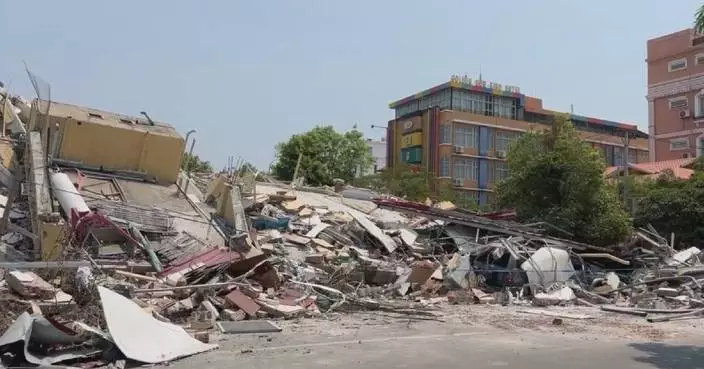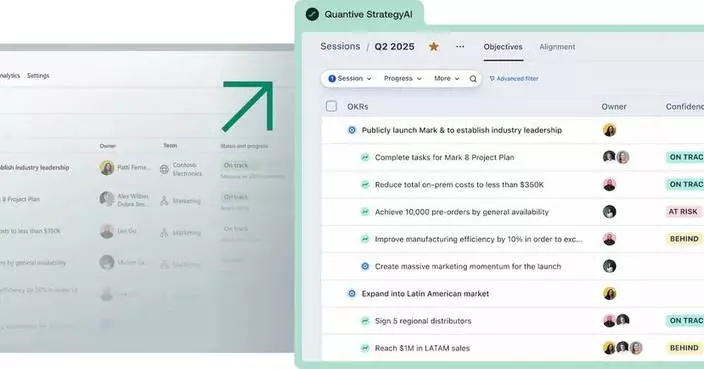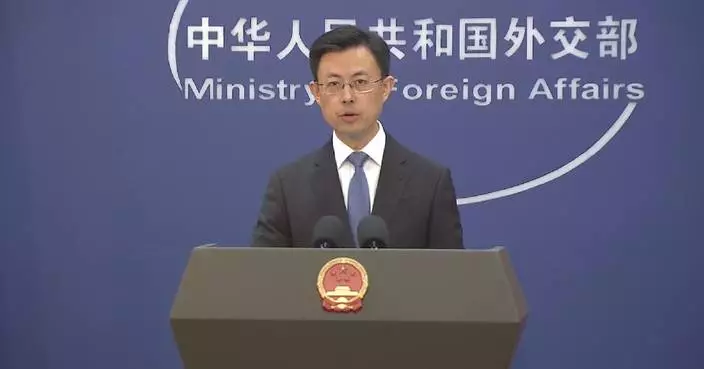A direct shipping route within the Regional Comprehensive Economic Partnership (RCEP) was launched Saturday, linking Xiamen Port in east China's Fujian Province with eastern Malaysia.
On Saturday, the container ship "SITC Rizhao" of SITC International Holdings, a Hong Kong-based shipping logistics company, docked at Haitian Terminal of Xiamen Port, marking the official opening of the direct shipping route between east China and Malaysia.
The newly launched route would offer the fastest shipping service from Xiamen to eastern Malaysia, taking five days to reach Kota Kinabalu and eight days to Bintulu.
A total of three ships are assigned for this route, planning to dock at Haitian Terminal every Saturday. For the first shipping, the export volume is approximately 100 twenty-foot equivalent unit containers, mainly carrying fertilizers, daily necessities, and raw materials.
Xiamen Port operates a total of 93 RCEP shipping routes so far, passing through 55 ports in 10 countries and regions. The launch of the new route will further enhance the RCEP shipping route network of Xiamen Port, continuously elevating its important position in the global shipping network.
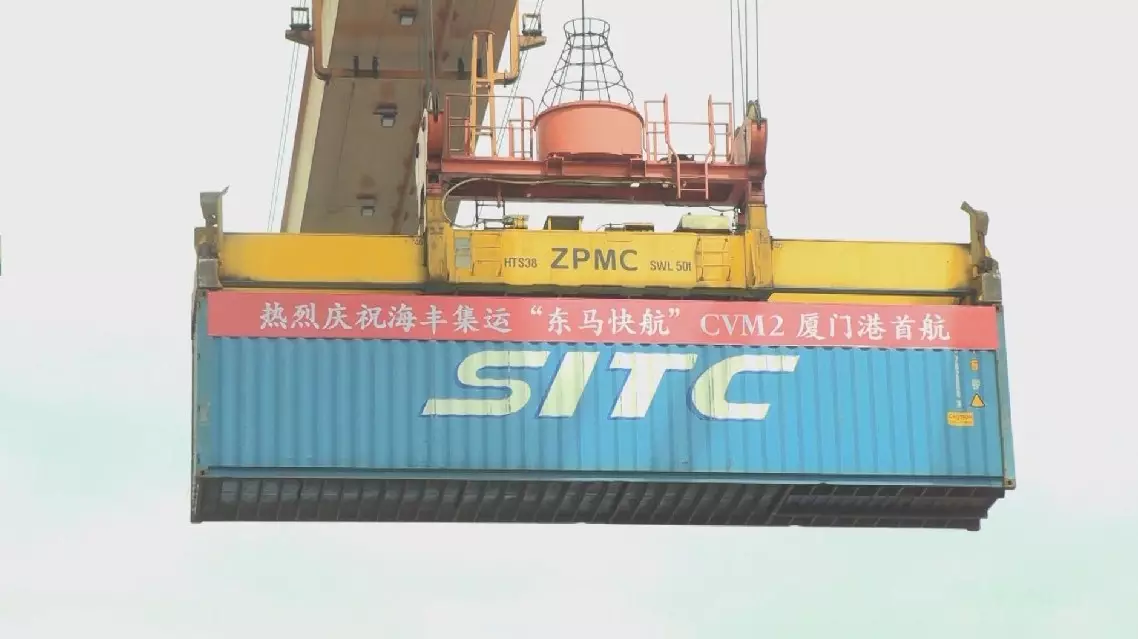
Xiamen Port opens new RCEP shipping route to eastern Malaysia
Los Angeles is grappling with rising costs and delays in its wildfire recovery process, as tariffs on construction materials imposed during the Trump administration compound the challenges.
The devastating wildfires recently destroyed over 17,000 homes and businesses, leaving communities urgently pushing forward with reconstruction.
The Trump administration has recently rolled out new tariffs on a wide range of construction materials, including steel and aluminum, from the main trading partners of the United States, such as Canada, Mexico, and China. This has significantly driven up costs, further complicating the recovery efforts
"As the city and county of Los Angeles move aggressively to rebuild the wildfire areas in Malibu, Pacific Palisades, and up in Altadena, to build those houses, we need softwood lumber, aluminum, and steel from Canada," said Gene Soroka, executive director of Port of Los Angeles.
While the tariffs aim to boost domestic production, the transition will take time. In the interim, the shortage of materials is creating ripple effects across the construction sector.
"We are still handling a lot of imported steel, despite the tariffs because there's not enough American manufacturing of steel right now. So, one of the unintended consequences that this has done the wrong way is you don't have enough steel. That impacts construction, that impacts economic growth across the board," said Weston Labar, chief strategy office of Waterfront Logistics.
According to the Associated General Contractors of America, housing costs could skyrocket by almost 50 percent, widening the gap between insurance payouts and actual rebuilding expenses. It may force many homeowners to delay or even abandon their reconstruction plans, prolonging the housing shortage in Los Angeles.
Tariffs are also driving up prices for other products, impacting recovery efforts.
"We need appliances from Mexico, furniture from China, and all of those prices are going up, whether anticipatory, or real as these imports are coming across our port complex. So, we've got to have some pretty detailed discussions about this because families who want to rebuild, businesses who want to get back into the office are going to be impacted by these tariffs one way or another," said Soroka.
As Los Angeles strives to recover, the economic uncertainty caused by tariffs presents a formidable obstacle.
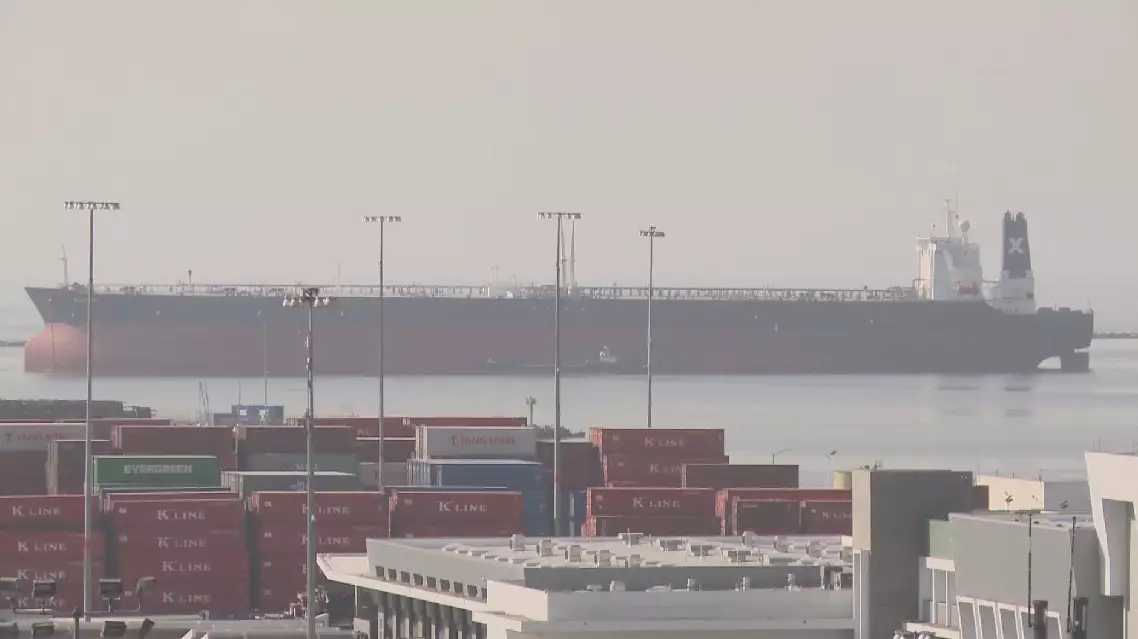
Tariffs add strain to Los Angeles wildfire recovery efforts



